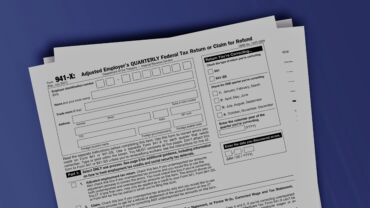Priv. Ltr. Rul. 202311001 (Mar. 17, 2023)
Available at https://www.irs.gov/pub/irs-wd/202311001.pdf
In a heavily redacted private letter ruling, the IRS has concluded that the cost of a product that was “neither medicine nor a drug but rather food” was not a medical care expense under Code § 213(d). The product had been recommended by an infant’s doctor but was available without a prescription. The infant’s parents represented that the product was formulated to be safe for an infant’s consumption while providing an unspecified substance that would reduce the infant’s future risk of a particular condition. At the time, however, the infant had no known illness caused by that condition, nor was there an imminent probability of such an illness.
As support, the letter cited a 1955 revenue ruling holding that the cost of special foods or beverages will qualify as medical care expenses only if they are prescribed and taken solely to treat or alleviate a specific illness, are not part of the individual’s nutritional needs, and the need for them is substantiated by a physician. According to the letter, the revenue ruling did not support a decision in the family’s favor because the infant did not have an illness, and the product had nutritional value apart from its represented benefits in preventing the condition. The letter also cited a 2002 revenue ruling (see our Checkpoint article) holding that individuals participating in a weight-loss program could not treat the cost of reduced-calorie diet food as a medical care expense because the reduced-calorie food substituted for food they would normally consume.
EBIA Comment: This ruling is consistent with previous IRS guidance on special foods (see our Checkpoint article) and the requirement of an existing or imminently probable illness (see our Checkpoint article). Code § 213(d) defines medical care expenses as amounts paid for the diagnosis, cure, mitigation, treatment, or prevention of disease, or for the purpose of affecting any structure or function of the body. Expenses that merely benefit an individual’s general health or well-being are not considered to be for medical care (see our Checkpoint article). For more information, see EBIA’s Cafeteria Plans manual at Sections XX.D (“Expenses Reimbursed Must Be for Medical Care”), XX.L.4 (“Special Foods”), and XX.M (“Table of Common Expenses, Showing Whether They Are for ‘Medical Care’”). See also EBIA’s Consumer-Driven Health Care manual at Sections XV.C (“What Is an HSA-Qualified Medical Expense?”) and XXIV.B (“HRAs May Reimburse Only Code § 213(d) Expenses”).
Contributing Editors: EBIA Staff.










